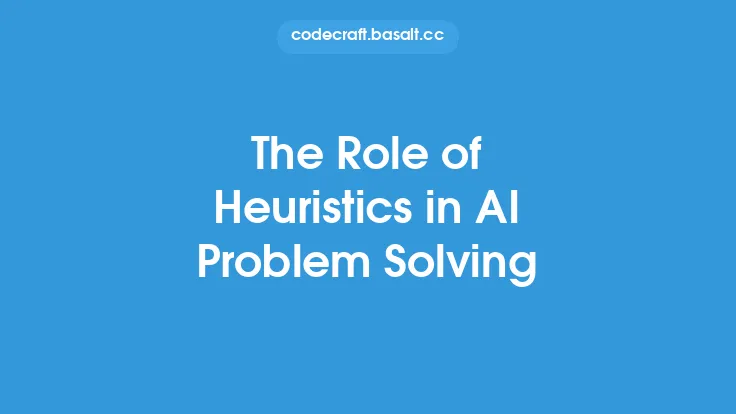Expert systems have been a crucial component of decision support systems (DSS) for several decades, providing valuable insights and recommendations to support informed decision-making. At its core, an expert system is a computer program designed to mimic the decision-making abilities of a human expert in a particular domain. By leveraging expert systems, DSS can tap into the knowledge and experience of experts, enabling more accurate and effective decision-making.
Introduction to Decision Support Systems
Decision support systems are computer-based systems that provide users with data analysis, scenario planning, and forecasting tools to support informed decision-making. DSS can be used in a wide range of applications, from business and finance to healthcare and education. The primary goal of a DSS is to provide users with a comprehensive view of the decision-making process, enabling them to make more informed decisions. Expert systems play a critical role in DSS, as they provide the knowledge and expertise required to analyze complex data and make recommendations.
The Role of Expert Systems in DSS
Expert systems are used in DSS to provide expert-level knowledge and decision-making capabilities. They are designed to mimic the decision-making process of a human expert, using a combination of rules, algorithms, and data to analyze complex problems and provide recommendations. Expert systems can be used in a variety of ways in DSS, including data analysis, scenario planning, and forecasting. For example, an expert system can be used to analyze financial data and provide recommendations for investment strategies, or to analyze patient data and provide recommendations for treatment options.
Components of Expert Systems in DSS
Expert systems in DSS typically consist of several key components, including a knowledge base, an inference engine, and a user interface. The knowledge base is the core of the expert system, containing the rules, algorithms, and data used to analyze complex problems and make recommendations. The inference engine is the component that applies the rules and algorithms in the knowledge base to the data, generating recommendations and insights. The user interface is the component that allows users to interact with the expert system, providing input and receiving output.
Types of Expert Systems in DSS
There are several types of expert systems that can be used in DSS, including rule-based systems, case-based systems, and hybrid systems. Rule-based systems use a set of predefined rules to analyze data and make recommendations. Case-based systems use a database of previous cases to analyze data and make recommendations. Hybrid systems combine the strengths of rule-based and case-based systems, using a combination of rules and cases to analyze data and make recommendations.
Benefits of Expert Systems in DSS
The use of expert systems in DSS provides several benefits, including improved decision-making, increased efficiency, and enhanced accuracy. Expert systems can analyze complex data and provide recommendations in a fraction of the time it would take a human expert, enabling faster and more informed decision-making. Additionally, expert systems can provide consistent and unbiased recommendations, reducing the risk of human error and bias.
Challenges and Limitations of Expert Systems in DSS
While expert systems can provide significant benefits in DSS, there are also several challenges and limitations to consider. One of the primary challenges is the development and maintenance of the knowledge base, which requires significant expertise and resources. Additionally, expert systems can be limited by the quality and accuracy of the data used to train them, and can be vulnerable to bias and errors. Furthermore, expert systems can be difficult to interpret and understand, making it challenging to explain and justify the recommendations provided.
Future Directions for Expert Systems in DSS
The use of expert systems in DSS is expected to continue to evolve and improve in the coming years, driven by advances in artificial intelligence, machine learning, and data analytics. One of the key areas of research is the development of more sophisticated and flexible expert systems, capable of adapting to changing conditions and learning from experience. Additionally, there is a growing interest in the use of expert systems in combination with other technologies, such as natural language processing and computer vision, to provide more comprehensive and integrated decision support capabilities.
Conclusion
In conclusion, expert systems play a critical role in decision support systems, providing valuable insights and recommendations to support informed decision-making. By leveraging expert systems, DSS can tap into the knowledge and experience of experts, enabling more accurate and effective decision-making. While there are several challenges and limitations to consider, the benefits of expert systems in DSS are significant, and the future directions for research and development are exciting and promising. As the field continues to evolve and improve, we can expect to see more sophisticated and effective expert systems, capable of providing high-quality decision support in a wide range of applications.





